The dental implant procedure can vary based on your dentist and their preferred methods, your own health, and your healing times as well as the location of the implant in the mouth. We will address the steps through the procedure with time expectations, the benefits upon completion, and why it is worth it.
The Dental Implant Procedure
Either you had a scheduled extraction because your dentist decided a tooth could not be saved or you suffered from an untimely accident, you are suddenly left with a gap. A glaring gap in your smile. If you do not fill that gap your teeth will drift and shift and negatively impact your bite alignment. You might also notice a slight change in speech. Of course, there is the quality of your smile.
A dental implant is the new gold standard for tooth replacement. The first step is to capture an x-ray, so your dentist has a definitive description of what is going on below the surface of your gums. After a local anesthetic is administered, the soft tissue is opened, and a small hole is drilled into your jawbone. Into this hole is placed a small titanium post. Sutures are placed and your first visit if over. Your second visit will be in around two months as you wait for the post to bond or fuse to the bone. At the second appointment you have an extension or abutment added to the post reaching to the surface of your gums. As you wait for the gum to heal from this step an artificial tooth, or crown, is being custom fabricated at a dental lab from either ceramic or porcelain. In a few weeks you will have your final visit to cement the crown on to the abutment. Just like that you now have a new tooth.
The Benefits of having a Dental Implant
There are dentists that perform many implant procedures and can do so much faster. It is better eventually to error on the side of being conservative. Once the dental implant is in place you will not be able to tell it apart from your natural teeth. Due to the titanium post it can be argued that it may be stronger. The surge in popularity for dental implants begins with the fact that they are so natural looking and functioning and not an issue in comparison to a dental bridge. Your speech will remain normal, and the implant is comfortable. You will find it easier to bite, chew and eat. You will be advised to exercise common sense in chewing hard objects. Chewing on a pencil or ice can be detrimental to the artificial crown. The implant is durable and if you practice good oral hygiene, you can expect a life expectancy of over 20 years.
Brush twice a day, floss daily, and visit your dentist twice a year for checkups, examinations, and professional cleaning. Exercising good preventative oral hygiene will extend the life of your dental implant and the remaining natural teeth in your mouth.
